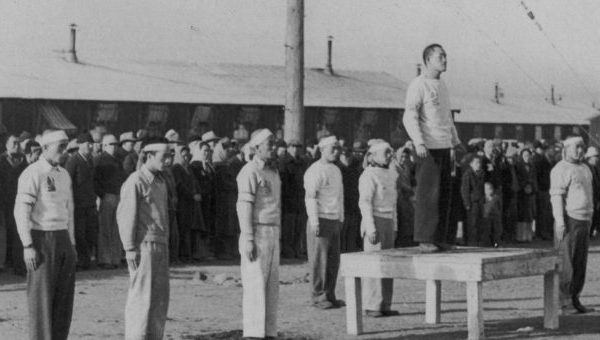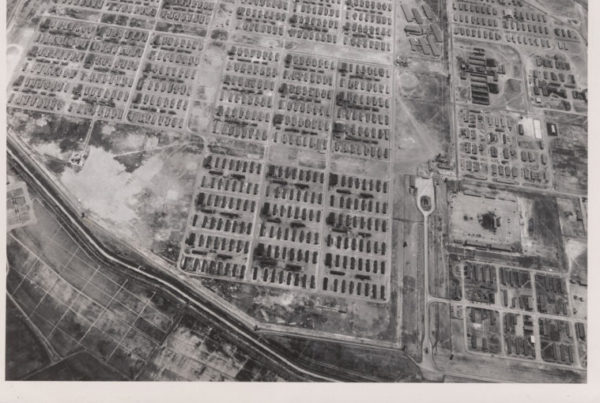A box of redacted FBI files challenges a filmmaker to reveal what it hides.
A box of redacted FBI files challenges a filmmaker to reveal what it hides.
This opening scene of the documentary was the last one shot. When Farouk’s FBI files arrived, three years after I’d requested them under the Freedom of Information Act, I came to a realization about why I was destined to tell his story, and how through this film I was also telling my own.

Like many, I shared the hope that Obama’s presidency would restore respect for human rights to my government. But when this scene was shot I was realizing my hope was in vain. The detention of immigrants had risen to a historic high of some 400,000 per year, and government transparency and accountability was declining in stealthy and dangerous ways.
As I’m opening a box full of pages from Farouk’s FBI file, I see many of the pages are blank or heavily redacted. At a press conference Obama responds to demands that the perpetrators of civil rights abuses and war crimes committed under the Bush administration be held accountable: “I think we should be looking forward and not backward.” His glib rejoinder presents the antithesis this documentary takes on.
What’s the thesis of Enemy Alien? That through finding shared meaning in our personal and community histories, we inspire the solidarity to stand up to state violence and oppression. This documentary begins with documents and clothes them in lived experience and struggle.
More on the Freedom of Information Act request for Farouk’s files:
Getting the FBI’s files on Farouk
Appealing for the Release of Farouk’s Full FBI File


